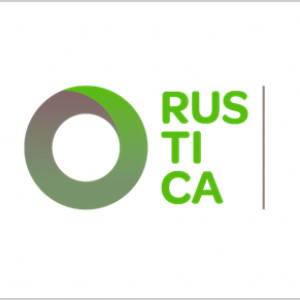 \
&
Contact us
\
&
Contact us
 \
&
Contact us
\
&
Contact us
During the new programme period, the European Research Area (ERA) will support a new phase in the development of the ERA and synergies with the European Higher Education Area, which may include a stronger focus on supporting the challenges identified in Pillar II, including missions and partnerships, to ensure that the strategic investments made there deliver maximum impact.
Opening the European Research Area to future challenges requires developing synergies with the European Higher Education Area in a complex landscape of universities and research organisations with a view to underpinning open science, innovative entrepreneurial practices, life-long-learning and upskilling talent and breaking down disciplinary and inter-sectoral barriers to match emerging business and societal needs.
Impacts will include better alignment of national reforms and increased programme level collaboration across Member States and Associated Countries, and will help increase the impact of both national and European investments in research and innovation. This will also support other research and innovation priorities including Open Science, citizens’ science, gender equality and other forms of diversity, improving international cooperation, ethics and integrity, and scientific input to other EU policies.

margot.beereboom@fwo.be
+32 2 550 15 76
Enhancing EU R&I Horizon Europe
Infosheets contain edited content on aspects related to this programme. They are reviewed at least yearly.
Related links are easy pointers towards external information. We curate the list, but are not liable for the destinations.
Documents contain additional information related to this programme, and are similar to related links.

The RUSTICA project obtained funding under Horizon 2020, more in particular under the topic ‘Closing nutrient cycles’. RUSTICA focuses on demonstration and implementation of circular bio-based nutrient valorisation chains, focusing on waste from the fruit and vegetable agro-food system. The project kicked off in 2021 and will run until 2024. It will use a strong multi-actor approach to co-create both socio-economic and technological knowledge in four case study regions in Europe and one in Colombia. The Flanders-based company DRANCO is one of the project partners and acts as technical project manager for the entire project. DRANCO participates in the project to develop its own technologies, to network and to help make the transition to a more circular based economy.